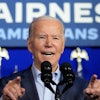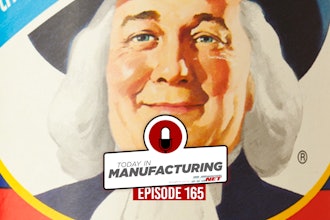Chrysler Group LLC said Friday that it is freezing the pensions of roughly 8,000 U.S. salaried employees at the end of the year.
The U.S. automaker said it is making the move to stay in line with industry trends and to comply with IRS regulations.
The Auburn Hills, Mich.-based company declined to detail the specifics of the IRS issue, but said it is currently in compliance. Company spokeswoman Shawn Morgan said the compliance matter is not related to underfunding of the pension.
U.S. companies in general have moved away from traditional, or "defined benefit," pensions due to the cost. General Motors made a similar move last year when it froze traditional pension benefits for 19,000 salaried workers hired before 2001. Such pensions guarantee a specific payment to retirees.
Chrysler said that all of its affected employees will be shifted to a defined contribution plan. It also lowered the age at which employees can begin claiming all of their retirement savings to 58 from 62.
The company closed its pension plans to new participants at the start of 2004. The freeze does not affect those hired from that point forward, or those who have already left the company or retired. All of the benefits accrued through Dec. 31 will remain in place, and employees will not lose what they have earned to that point.
Chrysler, majority owned by Italian company Fiat, has 65,500 employees worldwide. Last month, Fiat SpA reported a first-quarter loss, due in part to weaker sales at Chrysler.
More from MBTMag.com
New Hostess Owner Prepares To Restart Ga. Plant
GAO Rejects Beechcraft's Protest Of Lost Contract
IBM Lays Off Workers As Company Eyes New Markets
Explore more news here.






















